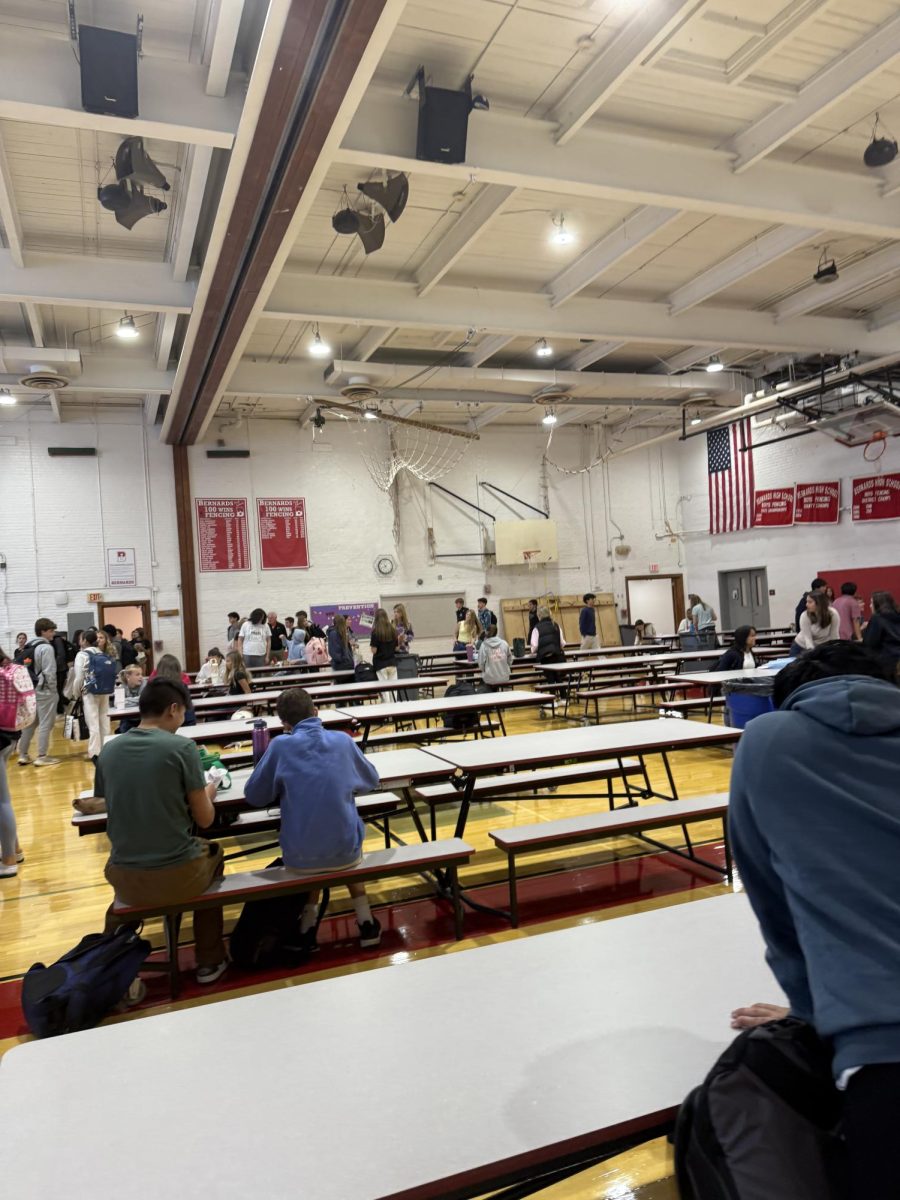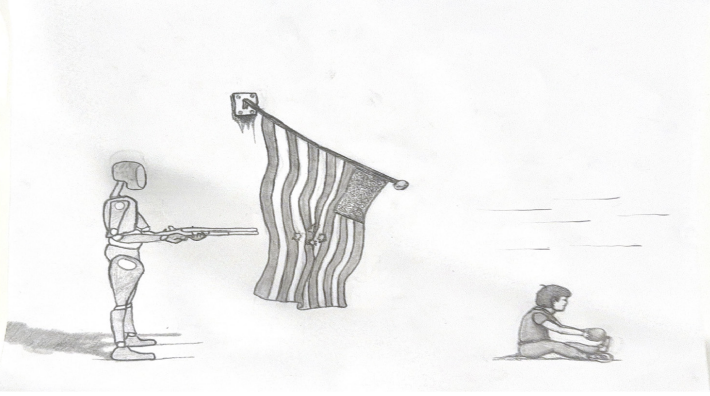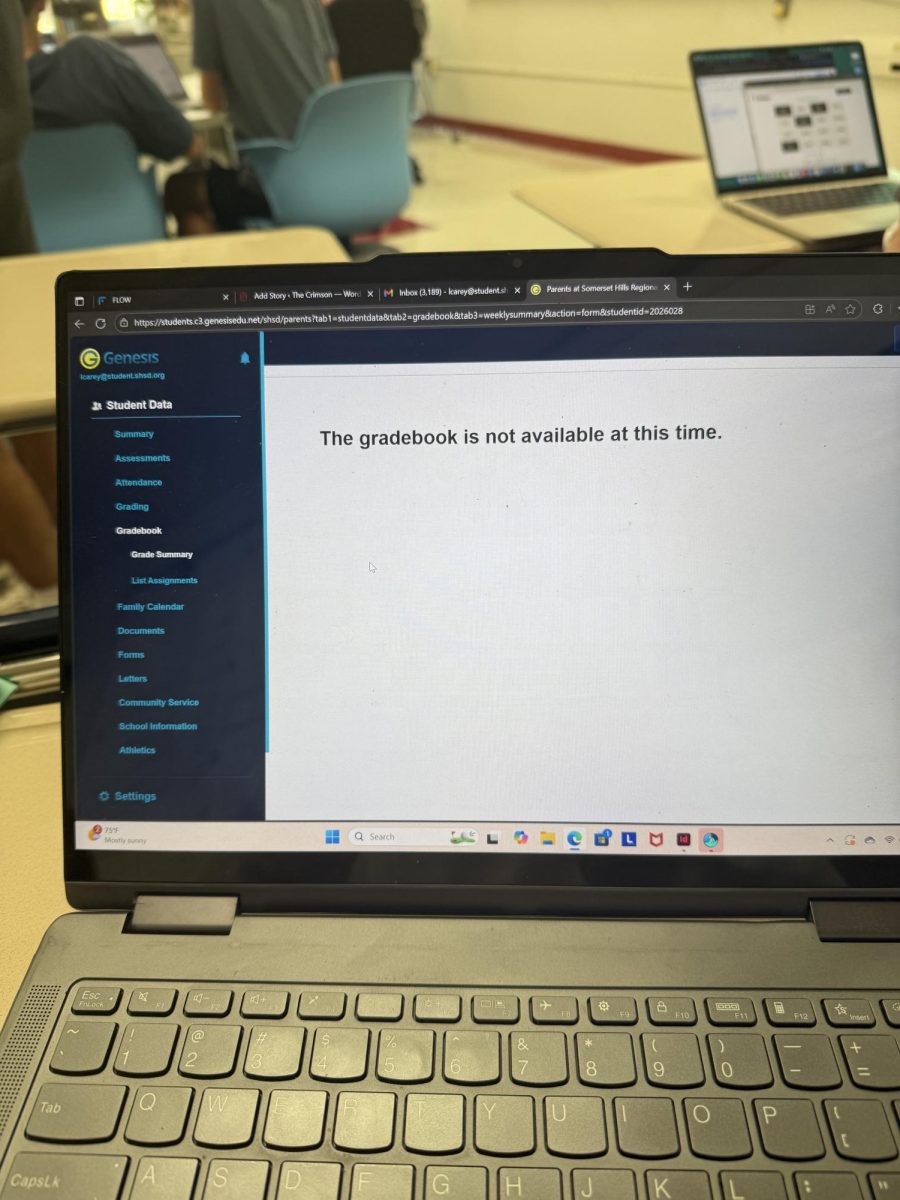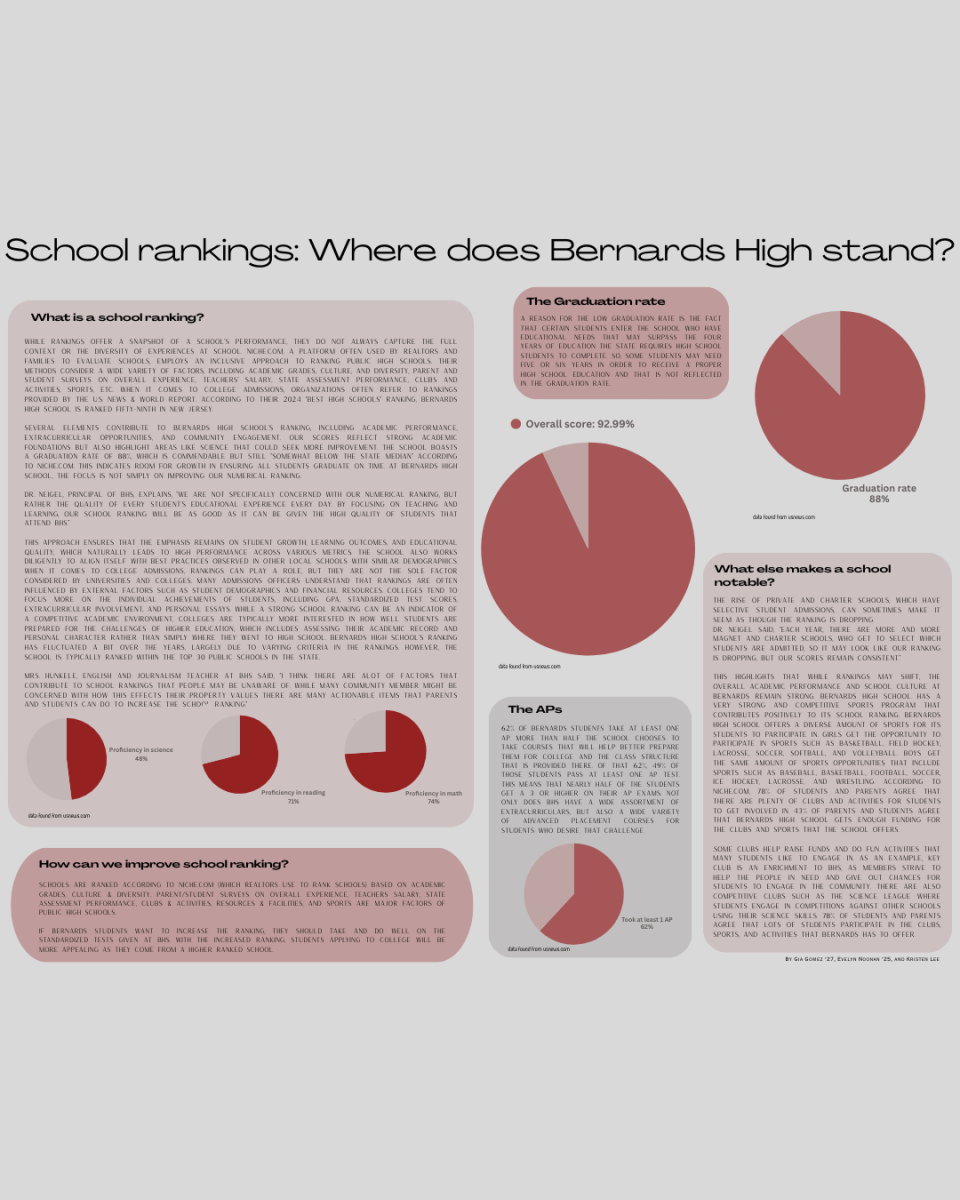
It’s that time of year again. Families are getting together to celebrate the new year. Confetti, drinks, food, parties, staying up all night to the strike of 12. A new year, a new you.
It is time to make another New Year’s resolution. It’s the norm to make one. Pushing yourself to strive for better grades, to go on a health cleanse, to get a part time job and to quit bad habits. We make promises to ourselves at the start of each year to be a better version of ourselves. However, how long do these promises last? And is this tradition helping us grow?
This tradition dates back to 153 B.C. The month of January was named after the great Greek God Janus, the god of doors and gates. Janus is known as the god of beginnings and transitions, a god with two faces. On December 31st the Romans would imagine Janus looking backward into the old year and forward into the new one. This was a symbolic time of the year for the Romans to make resolutions and to forgive enemies of past mistakes. The New Year’s resolution was created from this point on. This tradition has been carried on by people all over the world; people striving to make their lives better. As much as I enjoy New Year’s and the customs that come along with the holiday season, I feel that resolutions are abandoned after the first month and that many aim for resolutions that they know won’t stick. Many people feel obligated to change themselves and are unhappy when this change doesn’t occur fast enough. This being the reason why many give up on their resolutions for the year.
According to Timothy Pychyl (Professor of Psychology at Carleton University), New Year’s resolutions are “a form of cultural procrastination”. Resolutions are “made to reinvent oneself”. Pychyl stated that although many would like to change things about themselves in their lives many people aren’t ready to make this change. Psychology Professor, Peter Herman, believes that resolutions stem from unrealistic views of what a person should look like and how a person should act. Herman identifies this as “false hope syndrome” meaning that the population is overly ambitious with goals that are impossible for them to reach.
The Journal of Clinical Psychology claims that around 50 percent of the population create resolutions for themselves. According to statisticbrain.com, only 75 percent of the population maintain their New Year’s resolution for a week.
Senior, Christina Bergeman said that “New Year’s resolutions seem like they’ll work, but four days in you’ve forgotten the point”. Students agree that resolutions don’t seem to stick for the entirety of the new year. Senior, Bryce Oels also believes that “New Year’s resolutions only stick the first two weeks into the new year. After that people normally abandon their goals.”
Whether you are planning on making a resolution or not for the upcoming year remember to be realistic on your goals. Try making a new resolution if the one from the previous year had failed. Remember to enjoy yourself this holiday season and to be ambitious in whatever goals you aim to make.











